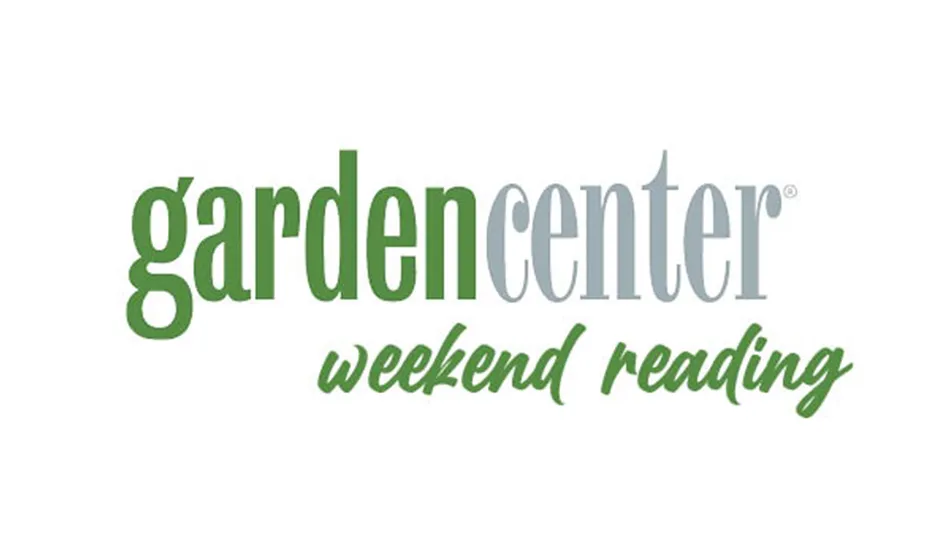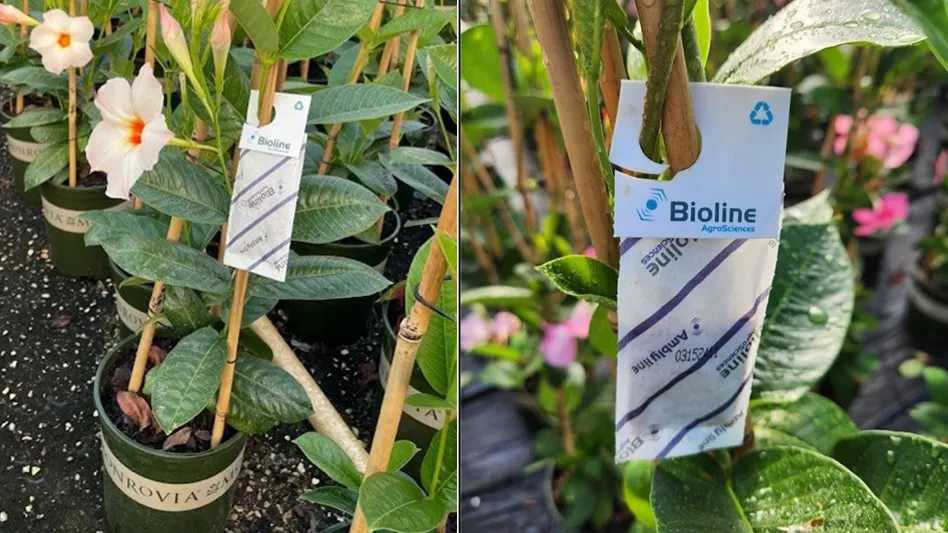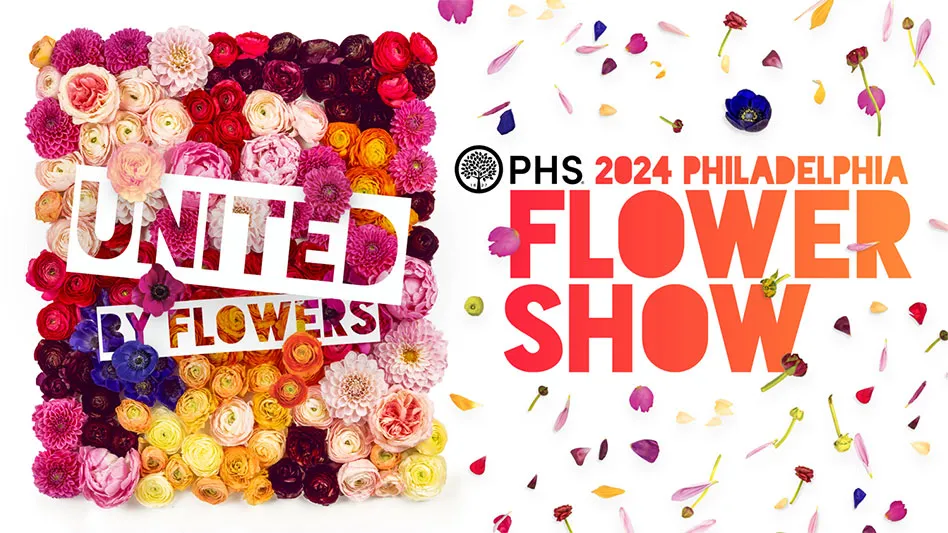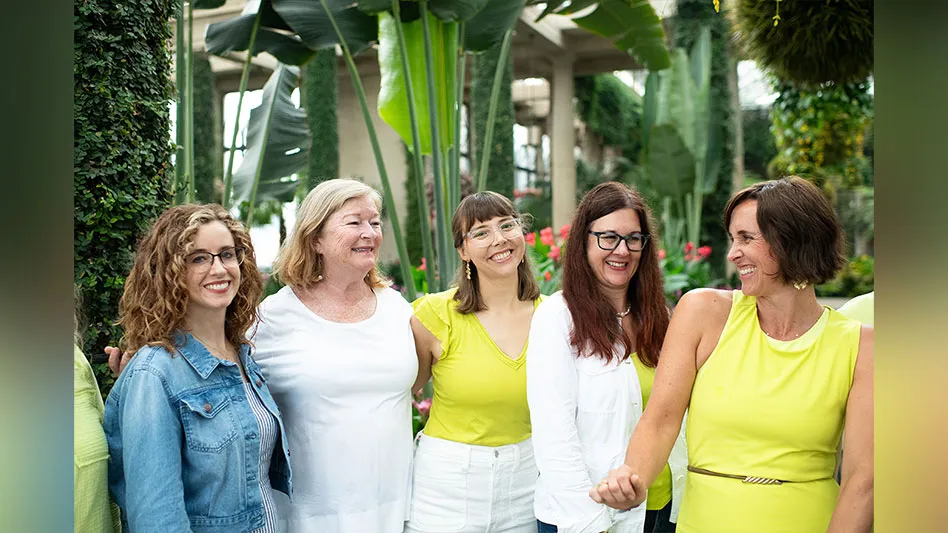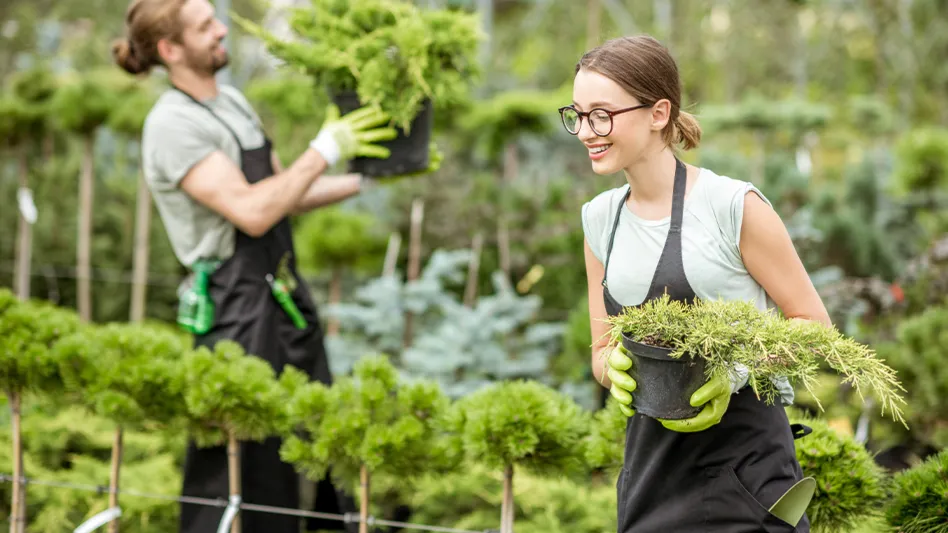
Photo © rh2010 | Adobe Stock
This, of course, is not equal across industries the highest numbers of workers leaving tend to be in the hospitality, retail and business services trades.
While the pandemic has brought about a slew of resignations, it has also spurred growing interest in houseplants, gardening and the overall mental and physical benefits of having spending time in nature. But how can garden centers turn a new slew of workers looking for new careers and their customers’ love of plants into a reliable workforce? We spoke with Jazmin Albarran, executive director of Seed Your Future, for advice.
“I think there’s a vast opportunity right now,” Albarran says. “Millions of people through the pandemic in the last two years have discovered a new love and passion for plants. Now how do we connect those people to the knowledge that all of these careers exist?”
Albarran says she’s fielding calls from people saying, “I’m reevaluating my life. I cannot go back to the nine to five job that I had that for whatever reason wasn’t fulfilling, or it was just super exhausting and draining. I like plants but is there a job that I can do there?”

She directs those callers to the Seed Your Future website, where there is a list of more than 140 careers in horticulture to give them an idea of how to get started. She then invites those people to call her back with questions to help connect them to folks in the industry who can help talk them through a career transition.
“Millions of people through the pandemic in the last two years have discovered a new love and passion for plants. Now how do we connect those people to the knowledge that all of these careers exist?” — Jazmin Albarran, Seed Your Future
Sharing the love
So what can IGCs do to help increase awareness of the rewards of working with plants? Start with your customers.
“If someone is in your garden center or your shop, that’s low-hanging fruit. They know the plants; they have their passion there,” she says. “But can you imagine if every garden center had, at the register or at the desk or somewhere, a sign that says, ‘Careers with Plants?’ You don’t want to just use ‘horticulture.’ You want to use terminology that is going to really call out the curiosity of people.”
Through their own research, Seed Your Future has found that children in particular like the word ‘plantology.’ So Albarran suggests signage or information at the register or entrance appealing directly to customers’ love of plants, and directing them to seedyourfuture.com to learn more about working with plants.

“You want something that’s very basic and simple just to get people thinking about it because when someone is coming to pick up a plant, they have no idea the amount of careers and families and years it took in getting that plant to them,” Albarran says. “So starting with the basics, something really simple just to get them thinking, ‘Oh, there’s a job in this one little plant. There’s the soil, the fertilizer, the water, the cuttings, the seed.’ There is a massive amount of careers in that one little plant that people just don’t think twice about.”
One key strategy is to make sure people know you don’t have to be a botanist to start a career in horticulture. Let them know that anyone can become a plant person.
“I hear this from garden centers all the time,” Albarran says. “If you have a good attitude, they don’t really care. If you have a background of any kind in plants, they’ll teach you the science.”
So as shoppers hit the garden center this spring, employees have an opportunity to ask questions, get to know repeat customers and see where their passions lie. And for those who express an interest in working with plants, let them know that you can teach them the scientific names and how to care for each plant.

Benefits of plants
Since a love of plants draws many to the horticulture industry, it’s an important selling point for careers with garden centers and greenhouses. And as the pandemic has brought the benefits of plants front and center, it’s prime time to use that love to highlight jobs with plants.
“I think it’s really important for people to talk about the mental, physical, emotional impacts of plants, especially right now,” Albarran says. “These last two years, people have been cooped up in their homes. They’re not really able to travel as much, not see relatives. So caring for this live product has really made a lot of people feel very connected.”
Increasing concern about climate change and supporting the environment are also good selling points for younger workers. That same generation is interested in creating and growing so they’re prime candidates for garden center staff.
“The tail end of millennials and Gen Z, they all want to work in careers that are impacting the climate and environment and horticulture does that,” Albarran says. “So you really should be pushing to the forefront how all of these jobs and the innovation that’s happening in horticulture could really be appealing to that next generation.”

Starting early
Seed Your Future has been looking at ways to connect with middle school and high school students long before the Great Resignation to help fill jobs. Albarran says that schools are reaching out to green industry professionals to come speak at schools and talk about how plants grow and how to care for them.
So the organization is looking at ways to help garden centers partner with local schools by providing educational materials IGCs can use as an introduction to create a partnership. “That’s then also going to help with their internal labor pipeline,” Albarran says. “If these students know you’re there and they see all of the fun things you do, you’re likely to get them as high school students working over the summer, and then maybe also as college students. And then that passion starts to grow and flourish as they’re learning.”
Albarran says the key is getting your operation out in front of the younger generation talking about propagating plants and collecting their own garden on social media, especially Instagram.
“They’re working in horticulture without even knowing it. There’s a ton of young people that are interested in plants and we just have to make sure that we are positioning ourselves in front of them,” she says.

Explore the March 2022 Issue
Check out more from this issue and find you next story to read.
Latest from Garden Center
- Weekend Reading 5/17/24
- GardenComm 2024 Annual Conference registration is open
- Landmark Plastic celebrates 40 years
- Proven Winners introduces more than 100 new varieties for 2025
- Weekend Reading 5/10/24
- The Family Business, Part 2: Agreeing (and disagreeing) on capital investments
- Registration opens for Darwin Perennials Day
- Weekend Reading 5/3/24
